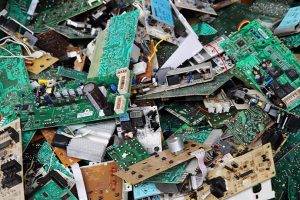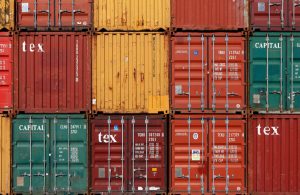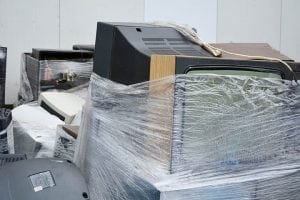 Japan’s Mitsubishi Materials is planning to invest over $100 million to boost its global e-scrap processing footprint.
Japan’s Mitsubishi Materials is planning to invest over $100 million to boost its global e-scrap processing footprint.

 Japan’s Mitsubishi Materials is planning to invest over $100 million to boost its global e-scrap processing footprint.
Japan’s Mitsubishi Materials is planning to invest over $100 million to boost its global e-scrap processing footprint.
 E-scrap software firm Makor Solutions is spreading the word on the ins and outs of offering data security services.
E-scrap software firm Makor Solutions is spreading the word on the ins and outs of offering data security services.
 Despite trying economic times for much of the industry, Missouri-based EPC has found success by sticking with its specialty: refurbing and remarketing used IT equipment.
Despite trying economic times for much of the industry, Missouri-based EPC has found success by sticking with its specialty: refurbing and remarketing used IT equipment.
 A major e-scrap processor that was recently called out by the Basel Action Network for improper export activities has questioned the watchdog’s allegations.
A major e-scrap processor that was recently called out by the Basel Action Network for improper export activities has questioned the watchdog’s allegations.

Illinois-headquartered Com2, which uses glass to produce a glaze for ceramics, has seen its processing activity cut in half over the past year.

One of the nation’s largest e-scrap processors has filed for bankruptcy, a move the company’s CEO described as a strategy to avoid being taken over by an investment partner.
 The debate over the merits and pitfalls of e-scrap exporting has been alive and well for decades now, but one thing has remained clear: Choosing to ship material halfway around the world adds a thick layer of complication to the basic goal of managing the domestic e-scrap stream.
The debate over the merits and pitfalls of e-scrap exporting has been alive and well for decades now, but one thing has remained clear: Choosing to ship material halfway around the world adds a thick layer of complication to the basic goal of managing the domestic e-scrap stream.
